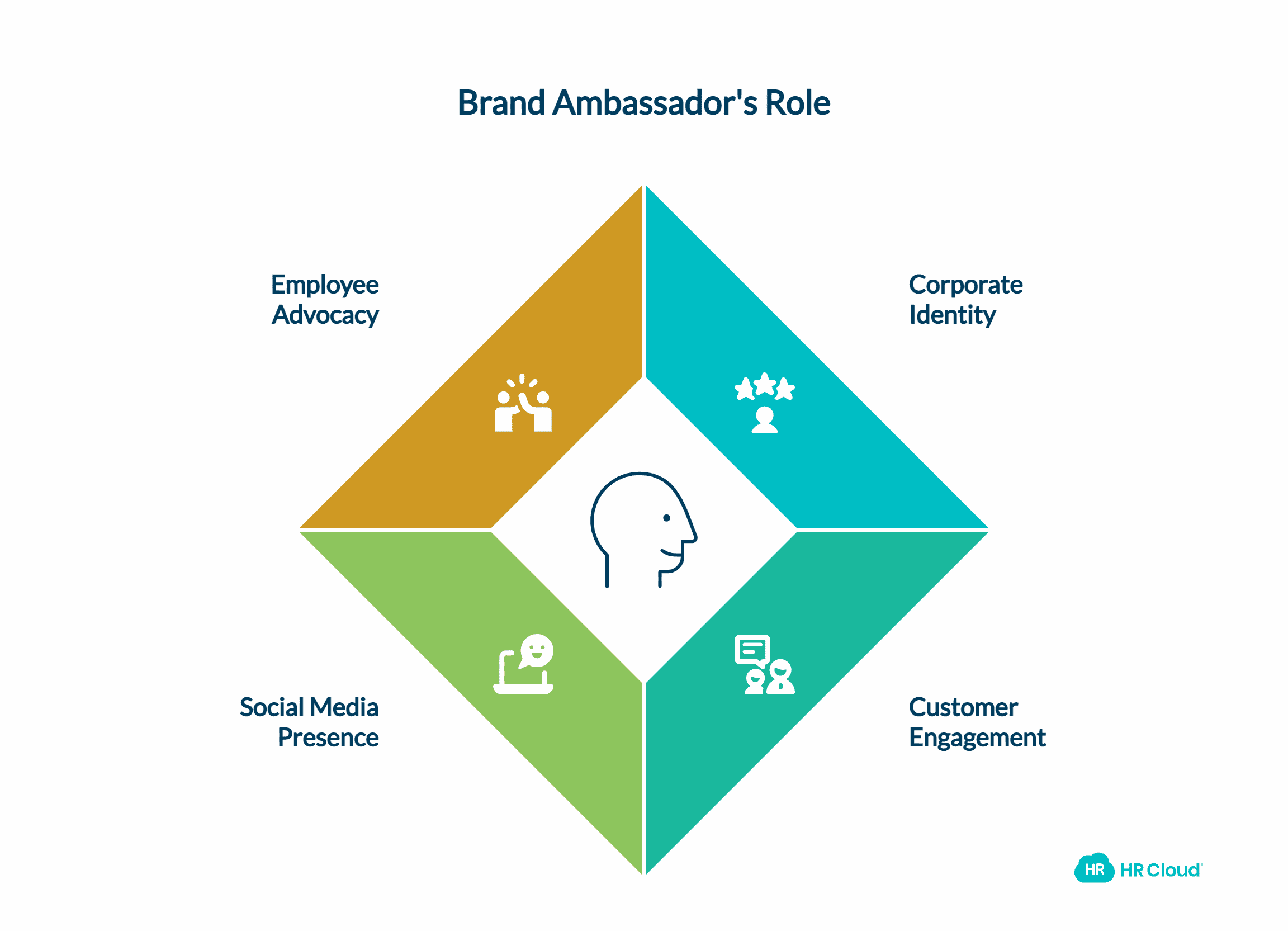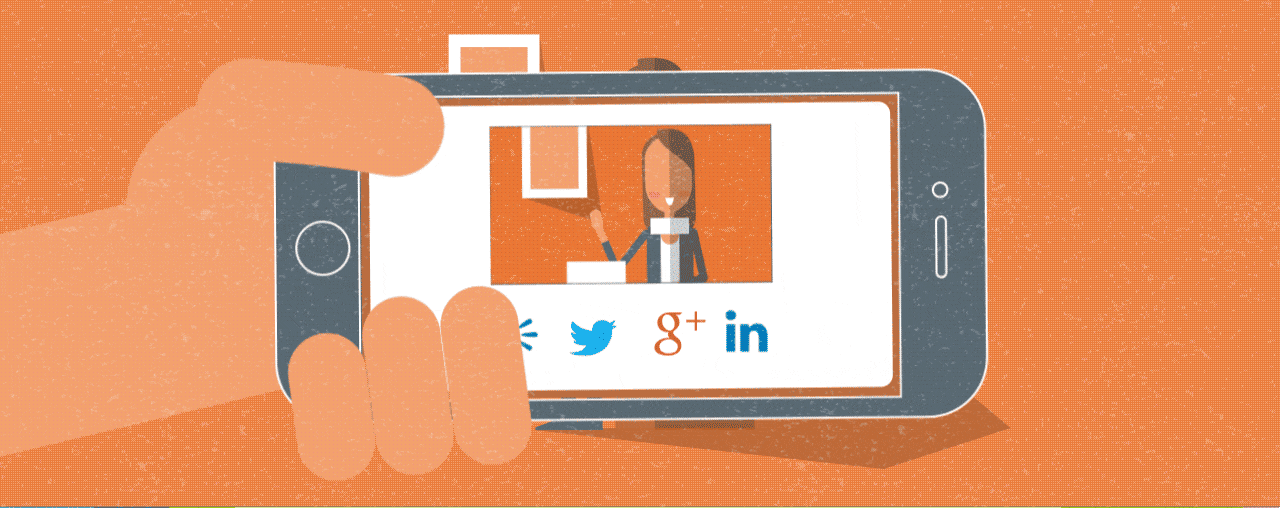

 Cut onboarding time
by 60%—here's the
Ultimate Checklist
that helped do it.
Cut onboarding time
by 60%—here's the
Ultimate Checklist
that helped do it.

A group that owns several restaurants and pubs recently embarked on an initiative to train employees. But these employees weren't going to be trained like everyone else. They were going to be trained in brand ambassadorship. This is one of the most effective ambassador program examples in the hospitality industry. Here's how this employee advocacy program unfolded.
Over the course of several days, the servers, hosts, and bartenders
• Built Twitter profiles,
• Discussed how to rep their employer (the brand!) online, and
• Learned about sharing info and engaging with a vast online community.
A primary goal, obviously, was to promote the various establishments and grow revenue by bringing in more customers. In case you manage a restaurant, go over this article and implement these techniques to turn your employees into your restaurant's ambassador brand for better customer interaction and business improvement I followed a number of the employees and they did a great job of spreading the word about crawfish, gumbo, Abita Beer and all the other wonderful items we find on menus here in Louisiana.
They also looked like they were having a great time. At work. Imagine that?
These employees, while promoting the company brand to the hungry and thirsty public, were also serving as the voice of the employer brand. Although I’m not privy to actual data, I’m willing to bet the company’s candidate pipeline increased, employee referrals went up, and turnover, quite possibly, went down. This is a prime example of how employee advocacy can benefit an organization.
What is a Brand Ambassador?
A brand ambassador is a term that comes from marketing and refers to an individual employed by a company to promote products or services while personifying the corporate identity. Brand ambassadors, sometimes referred to as brand promoters or brand champions, are viewed as reliable sources of information and engage with customers or members of the public either in person or via social media platforms.
On the HR side of the business, we've realized, for some time now, that our employees are all, quite naturally, employee advocates. The members of our workforce identify with our company merely by being a part of the organization. We may have hundreds or thousands of employees who are sharing their stories, discussing their careers, and promoting the employment experience—amplified across numerous social media channels—with their unique and individual voices.
That's powerful for increasing brand awareness and visibility.
What do Brand Ambassadors do?
Employees who serve as brand ambassadors turn their passion and excitement into action. Champions of your employer brand will circulate stories about your company culture by sharing a realistic and honest glimpse into "what it's really like to work here." This is one of the most effective examples of employee advocacy content.
Tweet: Brand ambassadors turn their passion and excitement into action. @HRCloud
Whether posting reviews on Glassdoor, snapping pictures via Instagram, or sharing jobs and updates on Twitter, employees can assist you in disseminating your message to a wide audience. According to the Pew Research Center, 52% of online adults use multiple social media sites, and most adults have hundreds of contacts across various platforms. As just one example, think about how you can tap into your employees' networks to drive referrals when you allow them to share content about their work experience. This leverages the social media influence of your employees to boost brand visibility and social media engagement.
How to Turn Employees into Brand Ambassadors
In order to have employees who serve as advocates for your company, you need to ensure they feel connected to the organization’s mission, vision, and brand values. This begins with a strong onboarding experience and continues throughout their tenure as a member of your team. Employee participation is crucial for successful brand advocacy.
To empower your employee brand ambassadors, you must have social media guidelines that’s positive and inclusive. These brand guidelines should focus on what could go right, rather than what could go wrong. You want to think about the benefits to be gained when your employees are knowledgeable, comfortable, and encouraged to share online. Provide social media training on various channels (Facebook, Twitter, Instagram) and ensure your employees have employee advocacy content to share. Create specific hashtags for employees to use (#LifeatKohls is a great example) and encourage them to use it across all platforms. This forms a key part of your overall social media strategy.
Tweet: Empower brand ambassadors with a social media policy that’s inclusive @HRCloud
Honesty and authenticity are important, so make sure your brand champions also understand their personal brands. Every employee advocate has individual traits that make them unique and exceptional, and when allowed to speak with a ‘personal’ voice, they can imbue the story of your company with realness and humanity. Allowing your employees to share what inspires them and makes their employment experience exceptional not only solidifies their own engagement but can also boost your talent attraction activities and enhance brand loyalty.
If you have employees who are connected, committed, and engaged, then you already have social media ambassadors. When you provide support, care, and encouragement, you can unleash their power to enhance your brand reputation and social media presence.
Implementing employee advocacy programs can significantly impact your organization's brand advocacy efforts. By encouraging content sharing and leveraging employee networks, you can increase your social media followers and overall brand visibility. Remember, your employees are your best brand promoters, and their authentic voices can greatly enhance your social media marketing efforts.
To streamline your employee advocacy initiatives, consider using an employee advocacy platform or employee advocacy software. These tools can help you manage and track your advocacy efforts, making it easier to measure the impact of your programs and ensure consistent employee participation. With the right employee advocacy platform, you can provide your team with a centralized hub for sharing approved content, tracking engagement, and measuring the success of your advocacy efforts.
In conclusion, turning your employees into brand ambassadors is a powerful way to boost your company's visibility and reputation. By implementing well-structured employee advocacy programs, providing the right tools and guidelines, and encouraging authentic participation, you can harness the full potential of your workforce as advocates for your brand.
 Discover how our HR solutions streamline onboarding, boost employee engagement, and simplify HR management
Discover how our HR solutions streamline onboarding, boost employee engagement, and simplify HR management

Keep Reading
A Closer Look at HR Cloud-ADP Integrations
ADP is the gold standard for payroll and core HR management. But if you’ve ever tried to
Retention Reset: How to Keep Your Best Talent in 2025
More employees are walking away from their jobs in 2025 not just for better pay, but for
The Most Common Hiring Mistakes in the Healthcare Industry
The hiring process can be tedious in the healthcare industry, and it may be tempting to
Like What You Hear?
We'd love to chat with you more about how HR Cloud® can support your business's HR needs. Book Your Free Demo

Build a Culture of Recognition. Boost Engagement. Guaranteed.
Workmates empowers employees to stay informed, connected, and appreciated—whether they’re on the front line, in the office, or remote. Recognition drives 12x higher engagement.


Slash Onboarding Time. Boost Retention. Guaranteed.
Take the stress out of onboarding with automated workflows, digital forms, and personalized portals. 82% retention and 70% productivity gains. Onboarding made easy.

